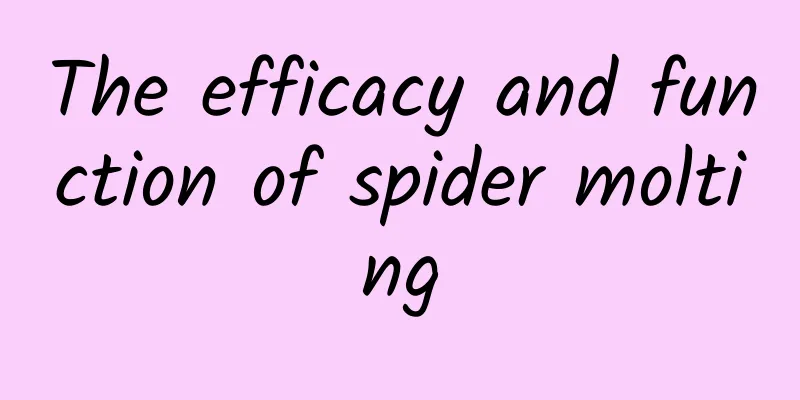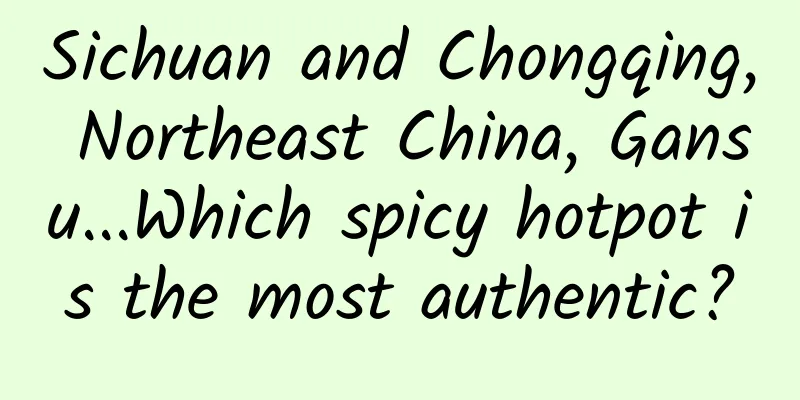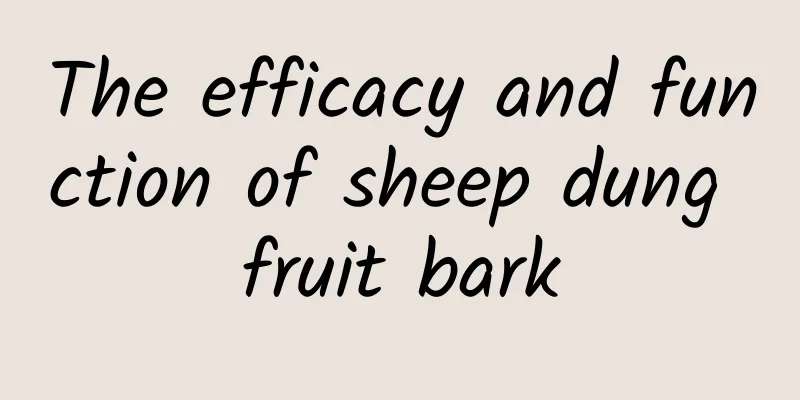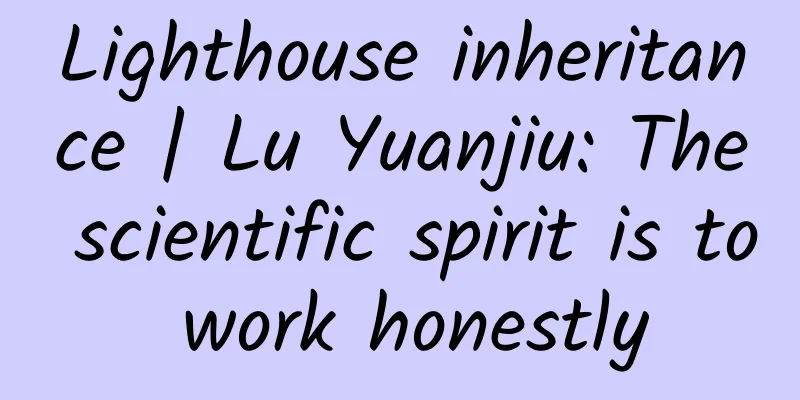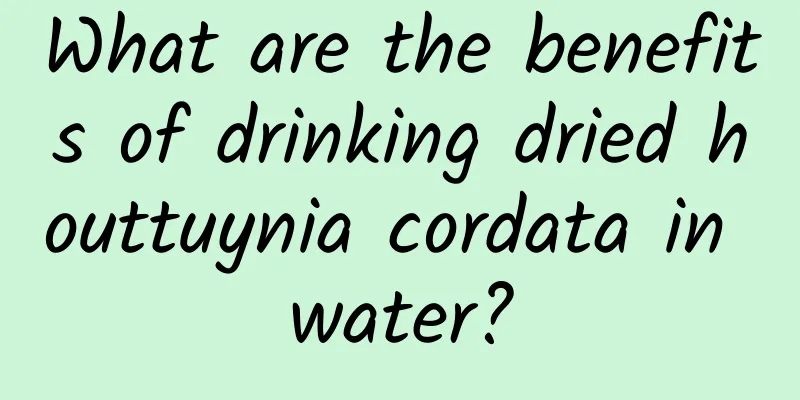The efficacy and function of the incense burner
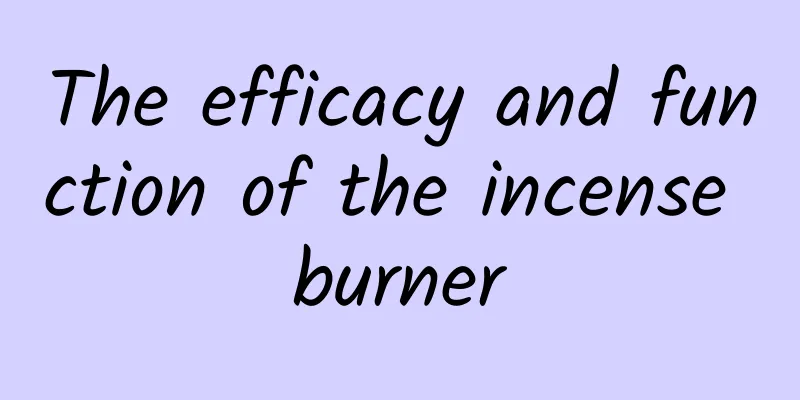
|
Tianxianglu is a relatively familiar traditional Chinese medicine. It has many benefits for our body. If we want to consume it correctly in our lives, we need to have some understanding of Tianxianglu. Let’s take a look at it below. [Other names] Big incense burner (Essentials of Raw Medicinal Herbs), sky-hanging incense (Records of Herb Collection in Lingnan), sky-looking cup (Luchuan Materia Medica), fine golden incense burner, small golden bell (Nanning City Materia Medica), honeycomb grass (Sichuan Materia Medica), mountain peony, golden pomegranate, seven-star falling to the ground (Quanzhou Materia Medica), phlegm-resolving grass, golden cup grass, purple golden bell, willow leaf flower, sky-facing pomegranate, nine-lantern (Hunan Materia Medica), gourd grass, fine-frame golden pomegranate (Mindong Materia Medica). [Source] It is the whole herb or root of the plant Jinjinxiang of the Melastomataceae family. Harvested in summer and autumn. [Original form] Perennial upright herb or subshrub, 30 to 80 cm tall. Stem quadrangular, coarsely hairy. Leaves are opposite; linear, linear-rectangular or lanceolate, 3-7 cm long, 5-8 mm wide, mucronate at apex, entire, rounded base, 3-5 main veins, coarse hairs on both sides; petiole is short. There are several flowers, terminal, in a capitulate inflorescence, sessile; there are 2 to 5 leaf-like bracts; the bracts are ovate with eyelashes on the edges; the calyx tube is 5 to 6 mm long, bare, with 4 lobes, triangular-lanceolate, with eyelashes, and 4 scales with eyelashes at the base between the lobes; there are 4 petals, lavender, rarely white, ovate, about 1 cm long; there are 8 stamens, biased to one side, the anthers have a single pore at the top and a long beak; the ovary is inferior, 4-chambered, with 16 bristles on the top. The capsule has four holes at the top, the persistent calyx is cup-shaped, about 6 mm long, slightly contracted near the top, and truncated. Flowering period is from July to August. The fruiting period is from October to November. [Habitat distribution] Growing in wasteland, grass slopes and roadsides. Distributed in provinces south of the Yangtze River. It is produced in Guangdong, Guangxi, Fujian, Jiangxi, Sichuan and other places. 【Properties】 Dried whole herb with roots. The root is slender and cylindrical, about 2 to 3 mm thick, gray-brown, hard and brittle. The stem is quadrangular, yellow-green or purple-brown, brittle and easily broken, with a hollow pith. The leaves are opposite, yellow-green, linear or linear-rectangular to lanceolate, papery and thick, very brittle, and both stems and leaves have brown coarse hairs. The inflorescence is wrinkled into a ball, with a horizontal diameter of about 1 to 1.5 cm. The calyx is yellow-brown, and the petals are broken and irregular, purple-red. Capsule, style persistent, persistent calyx cup-shaped, bare, brown-yellow or purple-red. 【Chemical composition】 The whole plant contains flavonoids, phenols and amino acids. 【Nature and flavor】 Spicy, neutral. [entry into meridians] Enters the lung, large intestine, and liver meridians. 【Functions and indications】 Dispel wind and dampness, stop bleeding and eliminate blood stasis. Treat cough, asthma, dysentery, diarrhea; vomiting blood, hemoptysis, bloody stool, amenorrhea, malnutrition, rheumatic bone pain, and trauma. [Usage and Dosage] For oral use: decoct in water, 0.3-1 liang; mash into juice, soak in wine or grind into powder. For external use: grind into powder and apply on the affected area, decoct in water for washing or gargling. [Additional prescription] ① For treating dysentery and diarrhea: 50 cents to 1 ounce of the whole herb of golden pomegranate, decocted in water and taken orally. (Hunan Pharmacopoeia) 【Clinical application】 ①Treatment of amoebic liver abscess and amoebic dysentery 【Excerpt】 《*Dictionary》 [Source] From "Essentials of the Nature of Raw Herbs" Through the introduction in the above article, I believe everyone has a certain understanding of Tianxianglu. This is a medicinal material we are very familiar with, but it has many medicinal properties and functions. Therefore, I hope everyone will consume it based on their own situation. |
<<: The efficacy and function of Tianxiong
>>: The efficacy and function of Tianxianteng[picture]
Recommend
What are the effects and functions of ginseng dripping pills
Ginseng drops can effectively delay the aging of ...
The efficacy and function of wild beans
Wild beans are a kind of traditional Chinese medi...
What is Psoralea corylifolia?
Today's living conditions are getting better ...
An 81-year-old man from Guangdong was forced to have his finger amputated after getting infected after pricking it while washing shrimp
recent, Mr. Mo, 81 years old, from Dongguan, Guan...
The efficacy and function of Daguoluhuang
Rhizoma Dictamni is a kind of traditional Chinese...
Are wolfberry leaves cooling in nature?
Everyone must have seen the bright red "drie...
How have the changes in the raw materials of books reflected the progress of human science and technology over thousands of years?
Let's do a little survey. How do you read boo...
This vegetable, which many people love to eat, is really not recommended to be eaten with rice, because...
Potatoes are a classic "side dish" that...
Did the Lifang system affect the people's "freedom to open the door"? Looking at the planning of ancient Chinese cities from the perspective of the Twelve Hours in Chang'an
one Seen from the ancient Tang Chang'an The p...
The efficacy and function of white sugar
Everyone is familiar with white sand sugar, of co...
The efficacy and function of Tongguanteng
Many people think that the textbooks are all simi...
The efficacy and function of hanging dried hemp
The Chinese medicine Diaoganma is a very good Chi...
The efficacy and function of bamboo palm
Recently, major TV channels have launched various...
How effective is Chinese herbal medicine in tonifying the kidney and strengthening yang
Traditional Chinese medicine is a very effective ...
If a large planet suddenly enters the solar system and blocks all sunlight on Earth, will life become extinct?
This article is based on answering a question fro...
